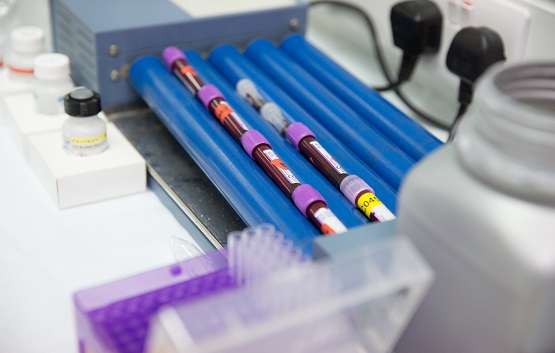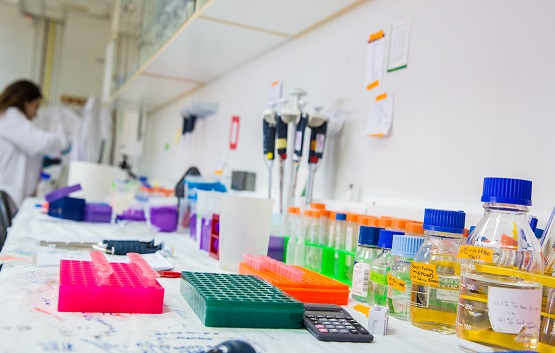Molecular Genetics Thalassaemia Department
Overview
MISSION
The mission of the Department is to function as a reference centre in the areas of haemoglobinopathies and provide specialized diagnostic services, advanced education and research.
OBJECTIVES
- Provision of specialised diagnostic services, mainly in the areas of haemoglobinopathies and Duchenne Muscular Dystrophy.
- Prenatal molecular diagnosis for β-thalassaemia, α-thalassaemia and other haemoglobinopathies, molecular diagnosis for carriers and patients,
- Pre-implantation genetic diagnosis (PGD) for β-thalassaemia, α-thalassaemia and many other monogenic disorders, as well as PGD for embryos that are also HLA-matched to thalassaemic siblings. Continuous development of new PGD assays on rare disorders.
- Development of drug therapies for thalassaemias, based on pharmacogenomic and pharmacogenetic studies for hydroxyurea and other drugs.
- Development of new methods for the NIPD of haemoglobinopathies.
- Development of haemoglobinopathy diagnosis based on microarray technology.
- Development of gene therapy for thalassaemia in collaboration with centres in the UK, Australia, Greece and the USA.
- Provision of training to visiting scientists on molecular diagnostic techniques for haemoglobinopathies.
- Supervision of PhD and BSc researchin-house in collaboration with universities.
- Organisation of haemoglobinopathy conferences and workshops and of European School of Medical Genetics (ESMG)-headed hybrid course programmes.
- Coordination of ITHANET a web portal specific for haemoglobinopathies, which allows the exchange of information, sharing of ideas and the forging of collaborations between scientists.









0002.jpg)
